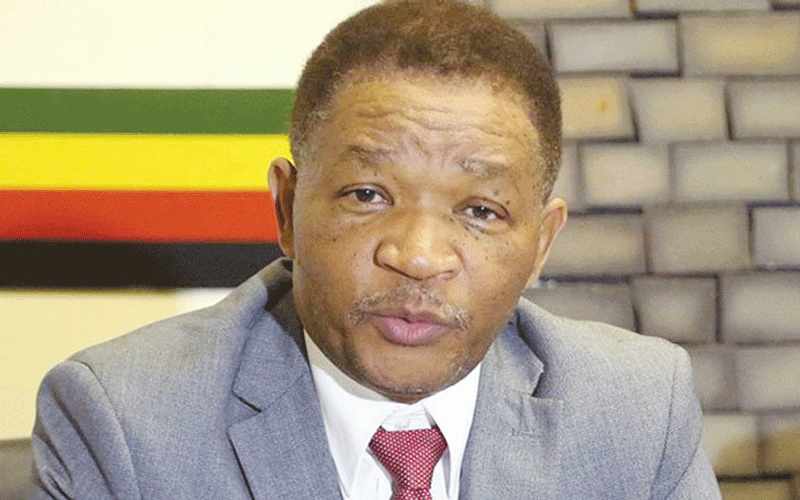
BY EVERSON MUSHAVA
Government has with immediate effect extended payment of COVID-19 allowances to the public service, pensioners, contract workers in various line ministries and aides of the visually-impaired.
In June last year, government introduced a US$75 COVID-19 cushioning allowance to its workers, which was supposed to last for three months, but extended it from September to December.
The allowance, converted into local currency using the bank auction rate, had been paid as part of the salaries which took the least paid government worker to $18 000.
But in a statement yesterday, Public Service Commission secretary Jonathan Wutawunashe said: “Members of the public service, including contract workers and aides of the visually-impaired, will be paid the local currency equivalent of US$75, while pensioners will get the local currency equivalent of US$30. Payment will be made in the Zimbabwe dollar at the prevailing auction rate on the date of payment.
“Payment of the Zimbabwe dollar equivalent of US$75 to contract workers and aides of the visually-impaired will be backdated to June 1, 2020.” He added: “The duration of the extension will be guided by the status of the pandemic as well as budgetary capacity.”
But nurses yesterday said the extension showed that the allowance, which was morphed into workers’ salaries to give them an impression that their salaries had been adjusted, could be removed anytime and, therefore, there was need for workers to demand salary adjustments.
“The money (US$75) was part of our salaries, converted by government into local currency because some banks were stealing from workers. What this means is, with the extension, workers will earn what they were earning before,” Zimbabwe Nurses Association president Enoch Dongo said.
- Chamisa under fire over US$120K donation
- Mavhunga puts DeMbare into Chibuku quarterfinals
- Pension funds bet on Cabora Bassa oilfields
- Councils defy govt fire tender directive
Keep Reading
“They had an option of removing it and for a worker who was earning $18 000, they would be left with $12 000. There is need to demand for salary adjustments.” Amalgamated Rural Teachers Union of Zimbabwe president Obert Masaraure said the only thing that had changed was that the aides of visually-impaired teachers were now getting paid.
“The rest remain the same. This is why we have been pushing for salaries to be adjusted,” he said.











